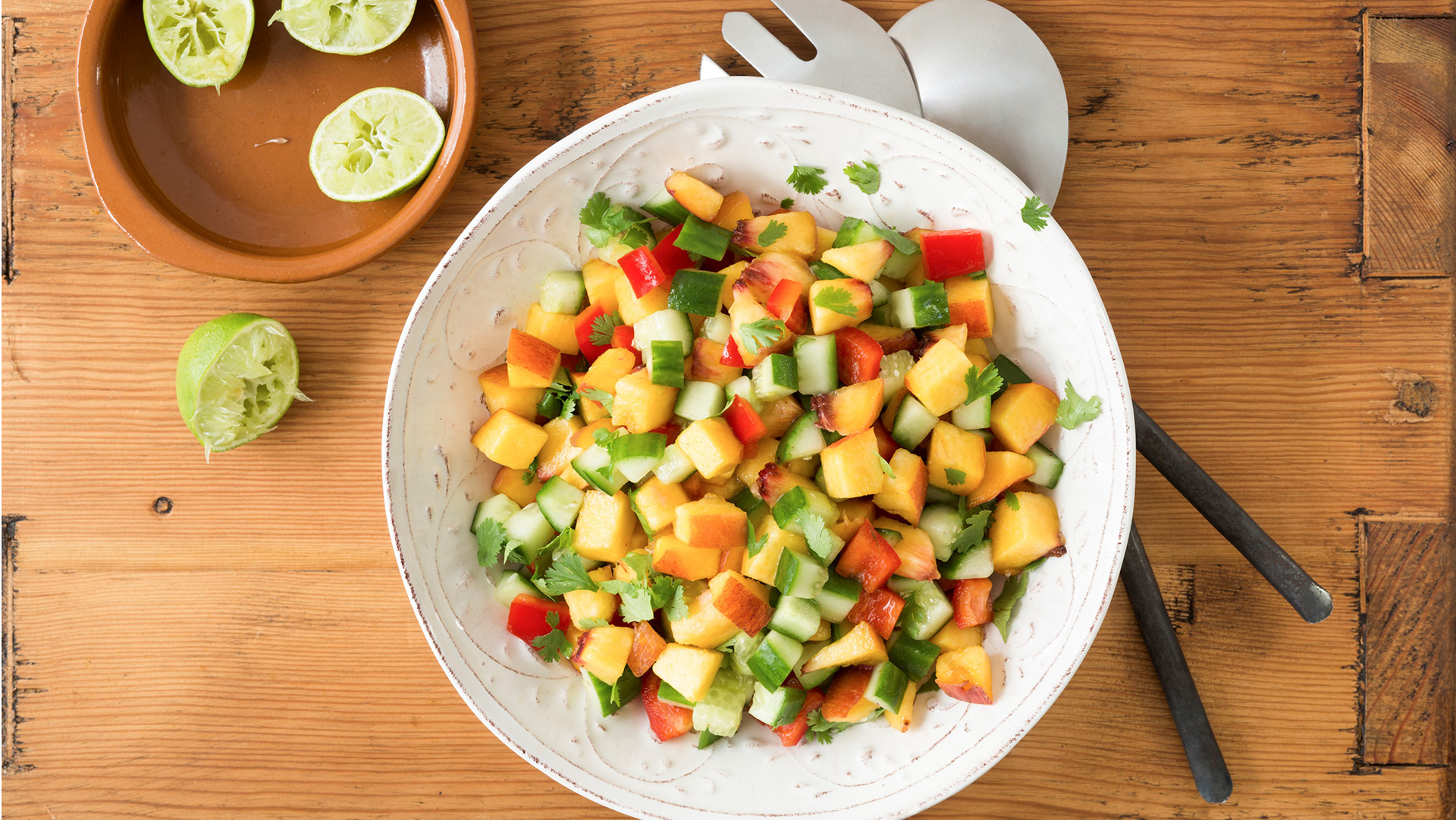-
I find myself endlessly spruiking the benefits of dairy foods, and with good reason too. Not only are dairy foods downright delicious, they are also extremely healthy – the evidence doesn’t lie.
Dairy foods provide a nutritional punch. They contain more than 10 nutrients important for our general health, nervous system, muscle function, energy levels and of course bone health.
More specifically, dairy foods are a rich source of vitamins A, B1, B12, calcium, potassium, magnesium, zinc and phosphorous, as well as protein and low GI carbohydrates. Eliminating dairy foods unnecessarily from your diet means you’ll be missing out on more than just calcium.
"Dairy foods are a rich source of vitamins A, B1, B12, calcium, potassium, magnesium, zinc and phosphorous, as well as protein and low GI carbohydrates."
Is dairy fattening?
I often get asked if dairy foods are fattening. The answer is that some are – ice cream and cream are high in calories and should only be included occasionally. But milk, cheese, yoghurt and even custard should form part of your daily intake.
In fact, studies show that people who regularly consume dairy foods as part of energy-restricted diets may be better able to maintain their weight and have a reduced risk of developing heart disease and diabetes. The reason may be due to dairy’s impressive nutritional profile.
What about inflammation?
There is a commonly held myth that dairy foods increase inflammation. This can indeed be true if you have an allergy or intolerance.
However, a 2015 review of the current clinical evidence, published in Critical Reviews in Food Science and Nutrition, actually showed that dairy has significant anti-inflammatory properties for people without dairy intolerances.
How to increase your dairy intake
Most of the population does not meet their recommended intake of dairy foods. This may help explain the high rates of osteoporosis in the elderly population.
Luckily, including more dairy into your daily diet is easy. Add milk to your cereal or porridge and perhaps include a dollop of yoghurt on top too. Snack on yoghurt, custard, cheese and crackers in between meal times. Add ricotta or feta cheese to salads and pasta dishes. Down a glass of milk after the gym or before bedtime.
Embrace dairy foods as part of your diet. Go and get yourself a milk moustache and wear it proudly. I certainly do.
Joel Feren is The Nutrition Guy, a corporate dietitian, media nutritionist and nutrition consultant specialising in men's health.
Should you include dairy in your diet?

-
Is sharing a meal the secret ingredient to a happier life?
Why social connection may be the most important ingredient on your plate.
-
Chicken soup with parmesan, rice, peas and lemon recipe
Nourishing chicken soup
-
The best immunity-boosting foods
Key nutrients to focus on that could help to boost your immunity, and the how to get them.
-
Comforting chicken noodle soup
Packed with anti-inflammatory ingredients including leek, garlic and ginger, this chicken noodle soup is hearty, full of goodness and great for any night of the week.
-
Peach salsa recipe
Zesty and unusual peach salsa recipe
-
Pineapple gingerbread crumble recipe
A summer riff on a winter classic.
Subscribe to receive the best from Live Better every week. Healthy recipes, exercise tips and activities, offers and promotions – everything to help you eat, move and feel better.
By clicking sign up I understand and agree to Medibank's privacy policy






